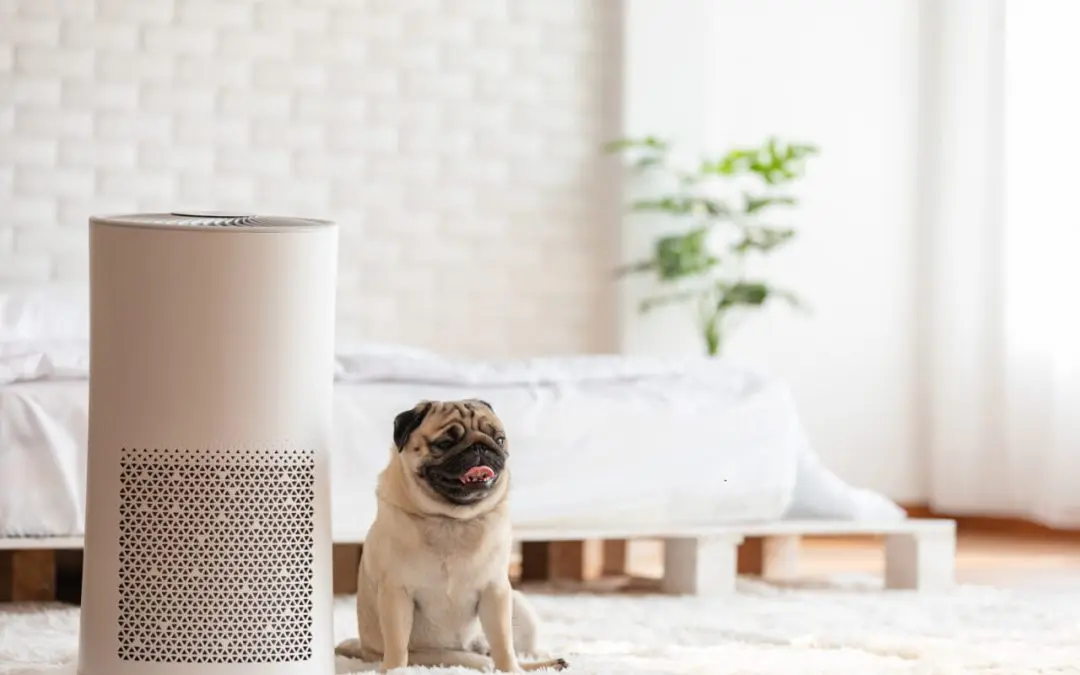How to Allergy-Proof Your Home
Creating a safe and allergen-free environment within your home is crucial for your and your family’s well-being. Allergens such as dust mites, pet dander, mold, and pollen can trigger allergies and exacerbate respiratory conditions like asthma. Fortunately, you can take several proactive steps to allergy-proof your home and promote better health.
Identify Common Allergens
The first step is to identify common allergens lurking in your living space. These can include dust mites, pet dander, mold, and pollen. Dust mites thrive in bedding, upholstered furniture, and carpets. Pet dander comes from the skin cells of animals with fur or feathers. Mold grows in damp and poorly ventilated areas like bathrooms, basements, and kitchens. Pollen can enter your home through open windows and doors and on shoes.
Implement Regular Cleaning Practices
Regular cleaning is essential for reducing allergens in your home. Vacuum carpets, rugs, and upholstery every week using a vacuum cleaner equipped with a HEPA filter to trap allergens. Wash bedding, including sheets, pillowcases, and blankets, in hot water weekly to kill dust mites. Clean and dust surfaces using a damp cloth to prevent allergens from becoming airborne. Use allergen-proof covers on pillows, mattresses, and box springs to prevent dust mites from infiltrating.
Allergy-Proof your Home by Eliminating Clutter
Clutter provides hiding spots for dust, allergens, and pests, making maintaining a clean and allergy-free home difficult. Take steps to declutter your living space regularly to minimize allergen buildup. Store items in sealed containers whenever possible to prevent dust accumulation. Additionally, donating or disposing of items you no longer need further reduces clutter and creates a more breathable space.
Maintain Optimal Indoor Air Quality
Indoor air quality plays a significant role in allergy management. Use a high-efficiency particulate air (HEPA) filter in your HVAC system to capture airborne allergens. Keep humidity levels between 30% and 50% to inhibit the growth of mold and dust mites. To reduce moisture buildup, ventilate your home by opening windows when outdoor pollen levels are low and using exhaust fans in bathrooms and kitchens. Investing in an air purifier with a HEPA filter provides additional indoor air filtration.
Minimize Exposure to Outdoor Allergens
Keep windows and doors closed during peak pollen seasons, especially on windy days, to minimize exposure to outdoor allergens. Remove outdoor clothing and shoes before entering your home to prevent tracking pollen and other outdoor allergens indoors. Shower and change clothes after spending time outdoors to remove lingering allergens from your skin and hair.
Invest in Washable Window Treatments
Window treatments like curtains and blinds can harbor dust and allergens, especially if not regularly cleaned. Invest in washable window treatments made of materials that can be easily laundered to remove allergens effectively. Opt for curtains and blinds that can be washed in hot water to kill dust mites and remove pollen and pet dander. Regularly launder your window treatments according to the manufacturer’s instructions to maintain a clean and allergy-free environment.
Create Pet-Friendly Zones
If you have pets, create designated pet-free zones within your home to minimize exposure to pet dander. Bathe and groom your pets regularly to reduce shedding and dander. Wash pet bedding and toys frequently to remove allergens. Vacuum carpets and upholstery frequently, paying extra attention to areas where your pets spend time.
By implementing these strategies, you can create a healthier home for you and your family, reduce allergens, and promote better indoor air quality. Maintaining a routine is essential, so make allergy-proofing your home a consistent part of your household maintenance routine.
FAQs about Allergy-Proofing your Home
How often should I clean my home to reduce allergens?
It’s recommended to clean your home thoroughly at least once a week to remove dust, pet dander, and other allergens. However, high-traffic areas and areas prone to moisture buildup may require more frequent cleaning.
What natural remedies are there for allergy-proofing my home?
While regular cleaning and maintenance are crucial for allergy-proofing your home, some natural remedies, such as using essential oils with antimicrobial properties or incorporating houseplants known for air purification, can contribute to your efforts.
Can professional cleaning services help allergy-proof my home?
Yes, professional cleaning services can provide deep cleaning and allergen removal services to help you allergy-proof your home. They can also help if you need assistance with carpet cleaning, mold remediation, or air duct cleaning.
DMV Home Inspections offers inspection services to homebuyers and sellers in the Washington DC metro area. Contact us to schedule an appointment.

